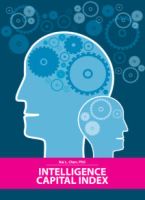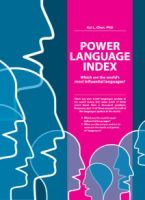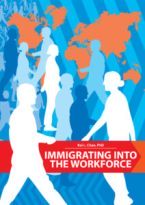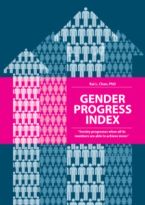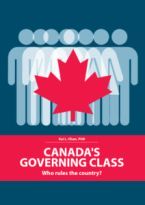
UAE tops Gender Progress Index in GCC (Gulf News)
Abu Dhabi: The UAE tops the GCC in a Gender Progress Index developed by one of the world’s leading business schools that takes a holistic view of gender issues.
At a seminar held to mark International Women’s Day, titled ‘Inspire, Impact and Empower’, INSEAD revealed its findings on its Middle East campus in Abu Dhabi.
Developed by Dr Kai L. Chan, Distinguished Fellow, Innovation and Policy Initiative, INSEAD, the index was created to help societies reach the full potential of both sexes, without prejudice on the gender of outcomes. It covers five dimensions: education, health, labour, politics and power, and society.
The index is different from the World Economic Forum Gender Gap Report (WEF GGR) which in 2016 reported that the most challenging gender gaps remain in the economic sphere and in health, projecting that, at the current rate of change, the gap will not be closed for another 170 years.
“The [WEF GGR] report is a little misleading … it only looks at the gap in one dimension. This index looks at not only the gaps (the ratios of men to women) but the levels (overall development),” explained Dr Chan.
Achieving high absolute (level) and relative (ratio) outcomes for the two sexes, Norway topped the GPI followed by Sweden, the Netherlands, Denmark, Finland, New Zealand, Iceland, Germany, Canada and France.
The UAE ranked at the top in the GCC and ranked 85 out of 122 countries, with the two genders faring more or less equally especially in education, based on metrics including schooling years, science degrees, tertiary enrolment rate and average PISA scores.
“This report (GPI) not only assesses how good women are doing compared to men and vice versa, it’s also about a high level of development,” said Dr Chan.
The seminar also featured several women leaders in the Middle East who have made a significant contribution to the region and society. Gulf News spoke with two speakers about their challenges and their advice for other women.
Helen Al Uzaizi, 35, Jordanian, CEO, BizWold UAE
A successful businesswoman with over 16 years experience in marketing, advertising, non-profit management, business development and entrepreneurship.
Al Uzaizi, a mother of two, said she faced obstacles throughout her career for a simple reason — she is a woman.
At 19, she gave up her pursuit of a law career because of the treatment she received attending a court session in Jordan.
“It was one of the worst experiences of my life,” she said. “I was too young to know the strength I have.”
Another major struggle she recalled is when she was promised a promotion upon her return from a six-week maternity leave only to find someone else being given the position.
“The challenges are still there but I am more aware of what I want for my family, for my career, and for myself.”
How will the gender gap close?
“I don’t think it will happen overnight. I think the real difference will come from women lobbies, women supporting other women.”
Dunia Othman, 36, Iraqi, co-founder and chief marketing officer, mrUstat
An entrepreneur with a mix of marketing, business management and engineering experience, Othman is the mother of a five-month-old baby and has had a tough time working as a young software engineer abroad due to her gender. Today, although she is a co-founder of her company, she said she still has to constantly prove herself.
“My co-founders are male, one of them is my husband. I remember attending a lot of meetings with investors and they would not look at me. They smile and politely say hello, look at the male executives but not at me, because I couldn’t possibly know what I am talking about,” she said.
As a woman, she feels that she has to over-impress people in business in order to get their 100 per cent attention.
While such instances bother her, she is mostly “fuelled” by them to achieve even greater heights.
She advises other women to not let situations get to them and to instead focus on being the best they can be.
Does she think women have come far enough?
“We have moved forward quite a bit but we still have quite a bit to go.”
© Al Nisr Publishing LLC 2016. All rights reserved.
Article as it appeared online

